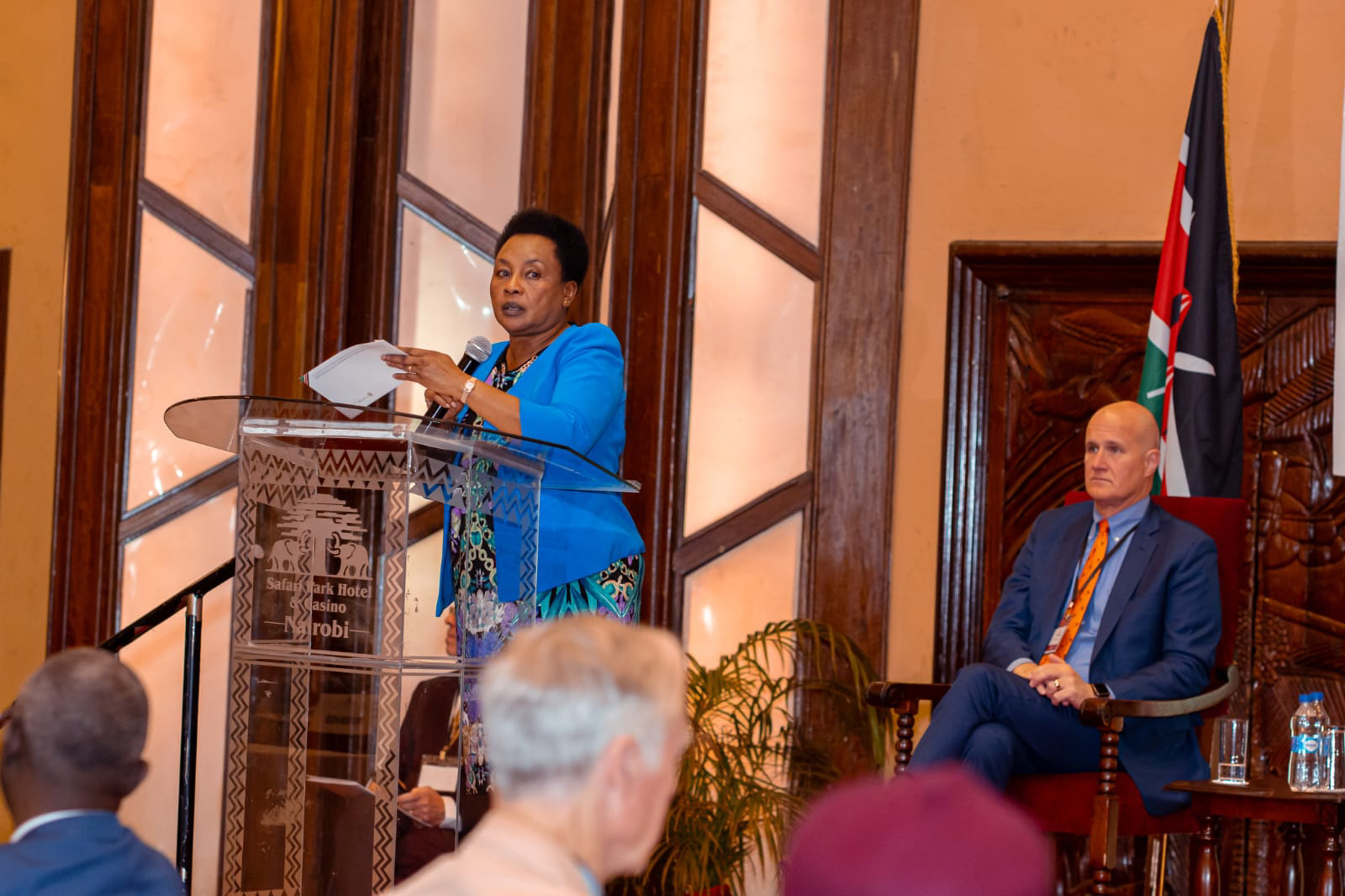Climate Extremes Pushing People to Migrate, Creatiing a New Class of Climate Refugees
By Eunice Wanja
August 27, 2024, Nairobi, Kenya.
In a keynote address at the AU Member State Consultation on the Development of the Common African Position on Climate Change, Peace and Security, the Coordinator Climate Security Mechanism at IGAD Mr. Abdikarim Mohamed underscored the critical intersection of climate change and conflict in Africa, emphasizing the profound implications for human security across the continent.
Speaking moments after Environment cabinet secretary, Aden Duale, Mr. Mohamed began by addressing the complexities of climate-induced displacement and migration, noting, "Given the accuracy of the sites, the role of climate change, and the associated displacement, it is imperative to understand how these trends impact human security." He highlighted the mobility challenges faced by pastoralists and farmers due to shifting climatic conditions, which have led to heightened tensions and conflict in affected regions.
One major issue discussed by the panel, was the conflict between pastoralists and farmers, which has intensified as farmers migrate to new areas due to climate change. "Farmers are moving to new areas without established norms or regulations with the pastoralists, creating new kinds of tensions," Mohamed explained. This disruption has not only exacerbated traditional conflicts but has also led to new regulatory challenges.
He also touched on the impact of climate change on urban services and the emergence of climate refugees. Mohamed emphasized, "Climate extremes are pushing people to migrate, creating a new class of climate refugees. The role of international support, such as remittances from abroad, is crucial, yet the situation remains dire."
Addressing the broader implications, Mohamed warned that failing to address climate security could lead to significant state security issues. "If we do not address climate security effectively, human security will deteriorate into a state of emergency. We see examples like the Kenyan and Somali border tensions, where armed and unarmed groups are creating instability."
Mohamed also highlighted ongoing regional initiatives aimed at mitigating these challenges, such as the IKER climate security mechanism and the GEN program. "These initiatives, including support from various countries, are essential in managing climate impacts and preserving human security."
In conclusion, Mohamed stressed the need for immediate and coordinated action to address these intertwined issues. "Without addressing both climate and human security, the stress on affected communities will only grow, potentially leading to larger state security crises."
In his speech, the chief guest, Environment, Climate Change and Forestry cabinet secretary, Aden Duale said, "The impacts of climate change are severe and multifaceted, requiring a coordinated and sustained response from national, regional, and international actors. It is imperative that our efforts are not only maintained but expanded to build resilience, promote sustainable development, and ensure the security of the Continent."
The ACRA conference continues to serve as a crucial platform for discussing and addressing these pressing issues, with experts and policymakers working together to find solutions for Africa’s climate and security challenges




Comments
Post a Comment